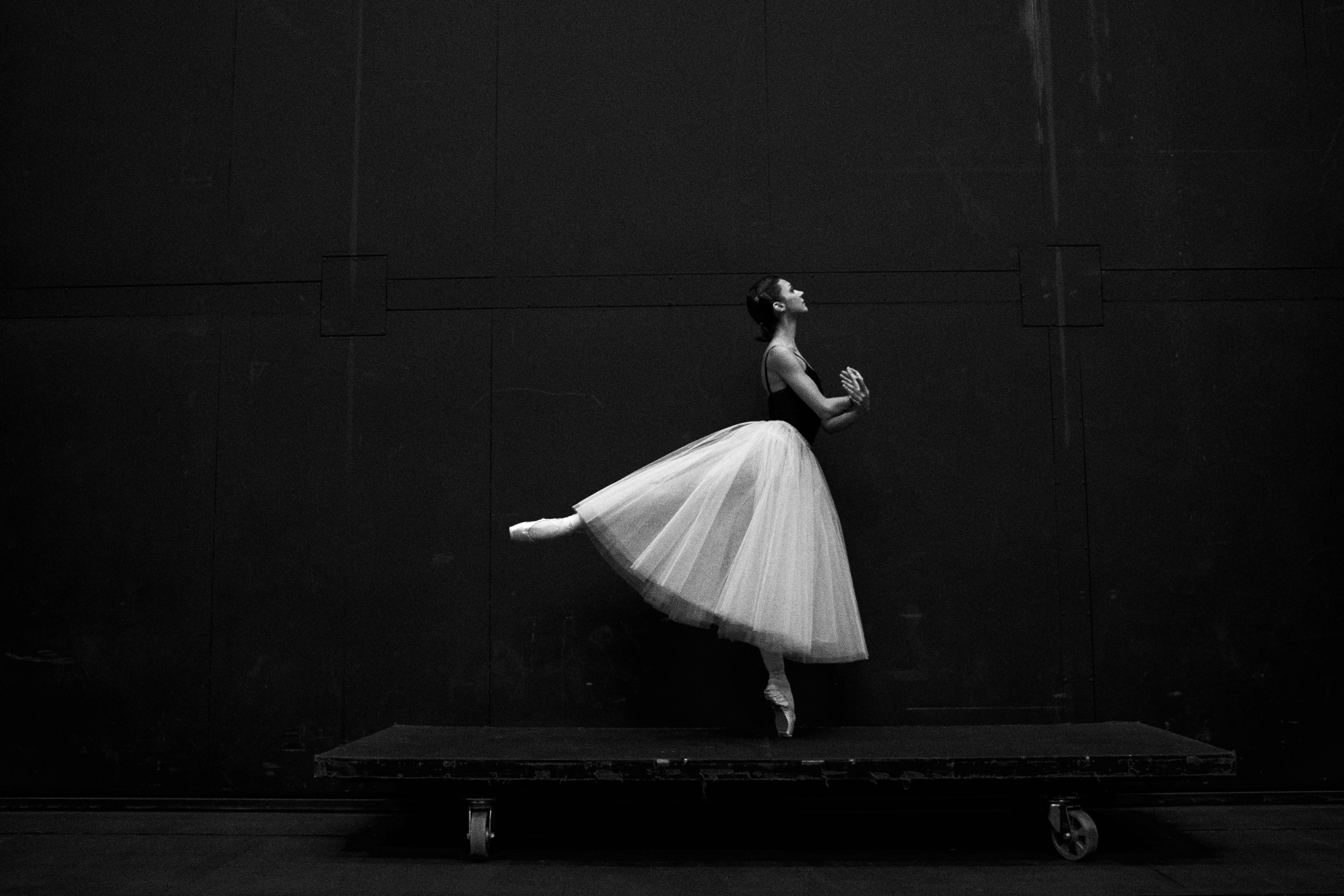Transforming Narratives: A Closer Look at Experimental Cinema
In the world of cinema, there is a form that consistently pushes boundaries, challenges norms, and dares to redefine the art of storytelling. Experimental cinema is an intriguing and complex subject. This article will delve into its fascinating history, the current developments in the field, and its impact on the broader arts and entertainment industry.

A Brief History of Experimental Cinema
Experimental cinema has a rich and varied history, with its roots traceable to the early 20th century. It emerged as an alternative to the mainstream, commercial filmmaking, with creators seeking to explore new ways of telling stories and expressing ideas through film. The early pioneers, such as Man Ray and Maya Deren, introduced groundbreaking techniques and narratives that challenged traditional cinematic conventions.
The Present State of Experimental Cinema
Today, experimental cinema continues to thrive, driven by a new generation of filmmakers who are not afraid to defy norms and explore uncharted territories. Using digital technology and innovative storytelling techniques, these filmmakers are creating films that are visually stunning, thought-provoking, and emotionally engaging. They embrace the unconventional, often merging different art forms and disciplines to create unique cinematic experiences.
The Influence of Experimental Cinema
The impact of experimental cinema on the broader film industry is significant. It has introduced new ways of thinking about narrative, aesthetics, and the role of the viewer, influencing both indie and mainstream cinema. Directors such as David Lynch and Alejandro Jodorowsky have brought elements of experimental cinema into their work, blurring the line between the mainstream and the avant-garde.
The Reception and Critique of Experimental Cinema
Reception to experimental cinema is often mixed. While some viewers embrace its unpredictability and creativity, others find it challenging and inaccessible. However, its influence is undeniable. Critics often praise experimental films for their originality and daringness, and many have been recognized at prestigious film festivals and awards.
The Future of Experimental Cinema
The future of experimental cinema looks promising, with emerging filmmakers continuing to push boundaries and challenge conventional narrative structures. As digital technology continues to evolve, the possibilities for new forms of cinematic expression are limitless. This, combined with a growing interest in diverse and unconventional storytelling, suggests that experimental cinema will continue to evolve and thrive in the years to come.
In conclusion, experimental cinema is a vibrant and essential aspect of the arts and entertainment industry. Its history, current developments, and potential future all demonstrate its enduring influence and importance. As we continue to navigate the ever-evolving landscape of film, the bold creativity of experimental cinema remains a beacon of artistic innovation.




